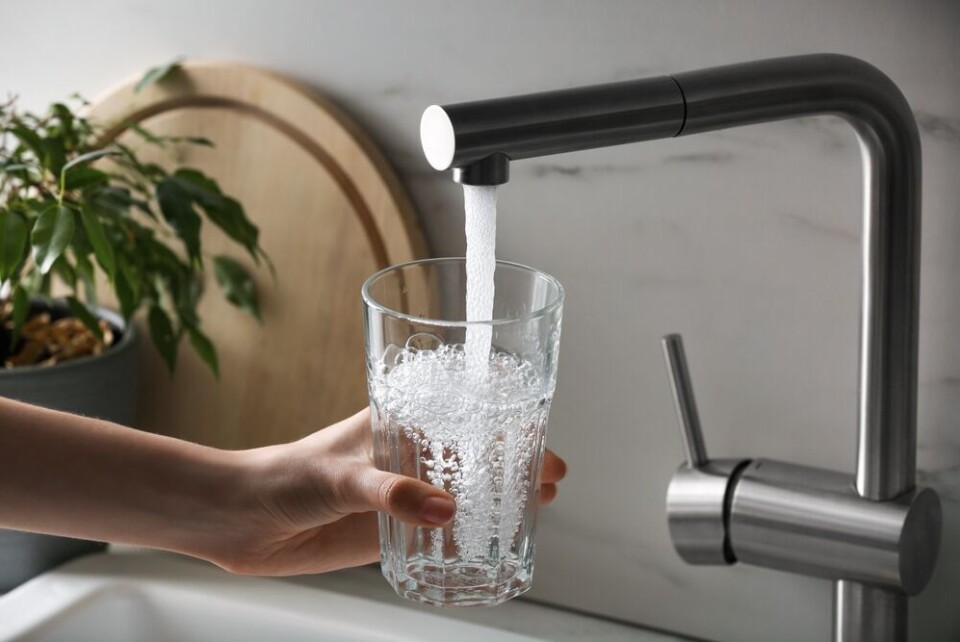-
La Voie Bleue: European Cycle Route of the Year is in France
700km bike path linking Luxembourg and Lyon has been crowned winner of the 2026 title
-
MAP: See how your location in France affects online food shop prices
New analysis shows how your shop compares on average
-
Further sightings of processionary caterpillars in France prompt action from local authorities
Caterpillars have arrived early after mild winter
Some tap water catchment areas close in west France due to pesticide
The measure in La Rochelle is precautionary and the water is not deemed dangerous

Several tap water catchment areas have been closed in western France after a banned pesticide was found at higher-than-permitted levels.
Authorities in La Rochelle (Charente-Maritime, Nouvelle-Aquitaine) closed the areas after discovering higher-than-permitted levels of residue from chlorothalonil R471811. This has been found to be carcinogenic at high doses and was banned from use in 2020.
The catchment areas in the Aunis plain will be closed until “at least until December”, said mayor Jean-François Fountaine. Until then, water will only come from the Coulonges and Saint-Hippolyte Eau17 catchment areas.
Water is still drinkable
There is no danger to the public. The measure is precautionary only and the water is not considered to be hazardous as the levels are not above three micrograms per litre (the amount above which the pesticide starts to become carcinogenic).
There is no tap water drinking ban, even for vulnerable people, said the Agence Régionale de Santé. However the city is obliged to make the pesticide presence known and work to remove it.
“The water is still drinkable,” said Mr Fountaine to France Bleu. “We are just aiming for a better quality threshold. We are not in a critical situation but for the purposes of transparency we have to announce traces of this product.”
He added: “It will take some time before we can reuse these [closed] areas.” The city is carrying out added monitoring of the presence of the pesticide in the water in a bid to reduce it.
Farming change
Vice-president of the La Rochelle urban community, Guillaume Krabal - who is also responsible for drinking water - added that the authorities were working to change agricultural practices to reduce the risk of future contamination.
He said: “The aim is to continue working with the farming community and to establish more ambitious safeguards for areas protected from pesticides.”
Chlorothalonil R471811 was banned three years ago. At the time, it was the third-most used pesticide in the Charente-Maritime.
This is not the first time that pesticide levels above the permitted thresholds have been identified in France. In September last year, a study found that 12 million people in the country have previously drunk tap water with higher-than permitted - and in some cases potentially-dangerous - pesticide levels.
The issue was found to be particularly bad in Brittany, where an estimated 43% of people were affected.
Related articles
12 million people in France have drunk pesticide-contaminated water
























